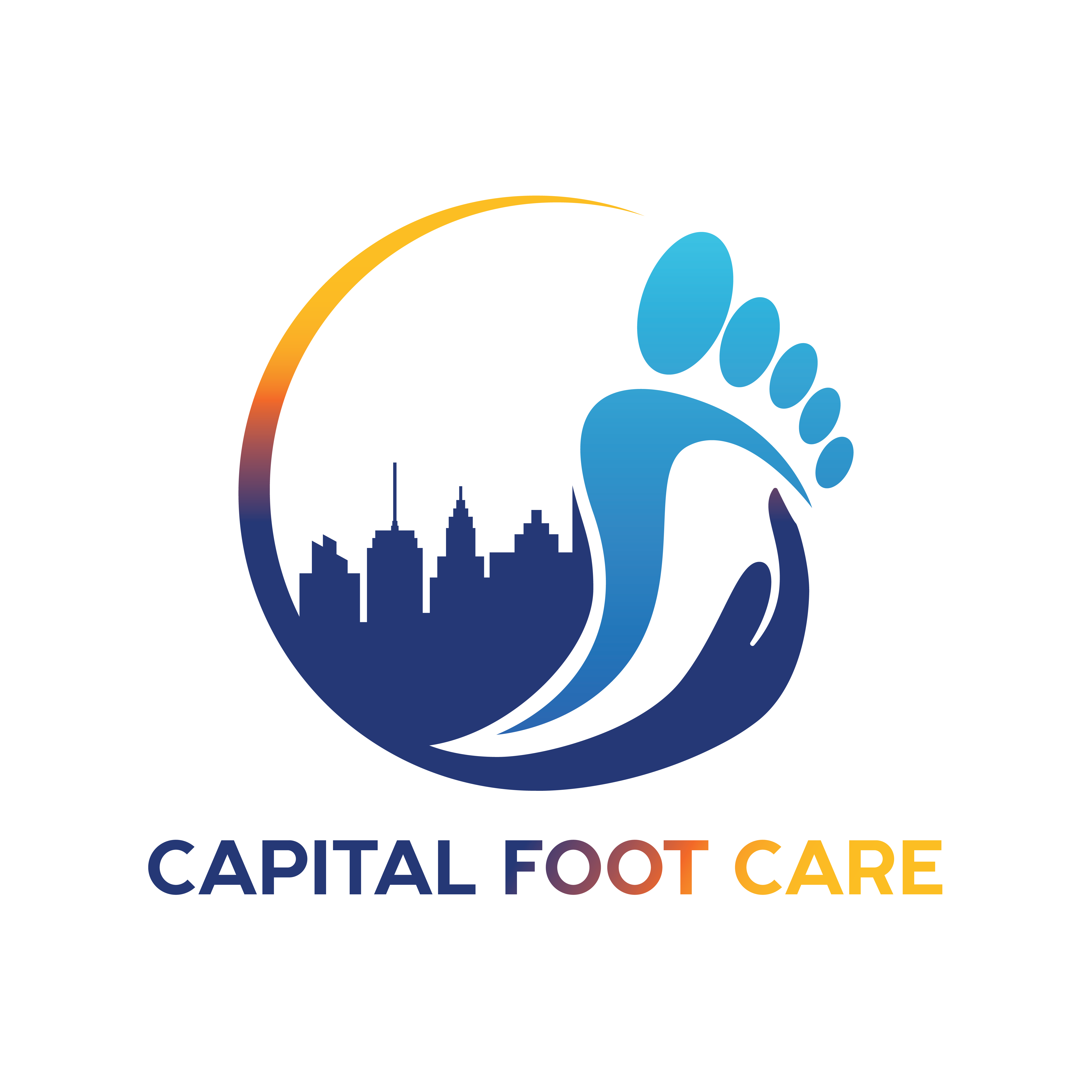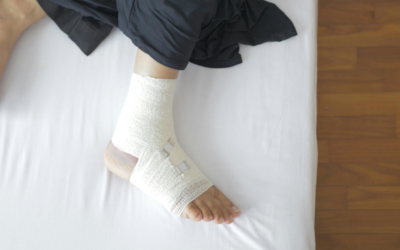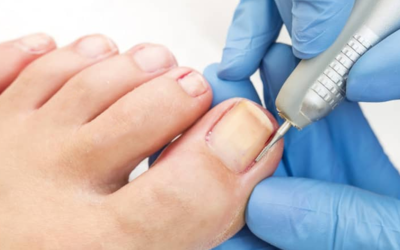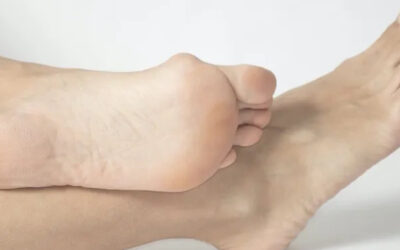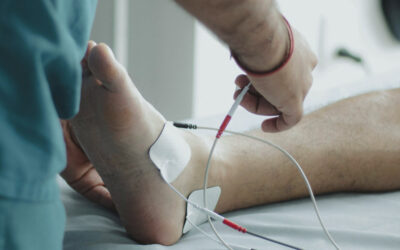Imagine slipping into your favorite pair of shoes only to be greeted by a sharp, persistent pain at the base of your big toe. This discomfort, often caused by a bunion, can turn even the simplest activities into painful challenges. Bunions, a common foot deformity, can significantly impact your quality of life if left untreated. At Capital Foot Care, we believe that early intervention and effective treatment options are key to managing bunions and ensuring that you stay active and pain-free. Our dedicated team, including Dr. Muhammad A. Khalid, Dr. Fritz-Andre Duterlein, and Dr. Herman Zarate, is here to provide comprehensive care tailored to your needs.

Understanding Bunions
A bunion, or hallux valgus, is a bony bump that forms on the joint at the base of your big toe. This occurs when some of the bones in the front part of your foot move out of place, causing the tip of your big toe to get pulled toward the smaller toes and forcing the joint at the base of the big toe to stick out. The skin over the bunion might be red and sore, and the condition can lead to significant discomfort and pain over time.
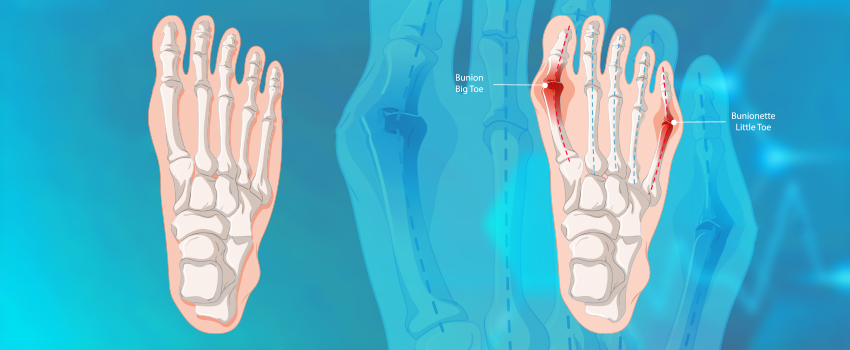
The Importance of Early Intervention
Early intervention is crucial in managing bunions effectively. Addressing the condition at an early stage can prevent it from worsening and reduce the need for invasive treatments later. Here are some early signs that you should not ignore:
- Visible Bump: A noticeable bump at the base of your big toe.
- Pain and Tenderness: Persistent pain in the area, especially when wearing tight shoes.
- Swelling and Redness: Inflammation around the joint.
- Restricted Movement: Difficulty moving your big toe.

Treatment Options
At Capital Foot Care, we offer a variety of treatment options to manage bunions, ranging from conservative methods to surgical interventions, depending on the severity of the condition.

Conservative Treatments
- Proper Footwear: Wearing shoes with a wide toe box can alleviate pressure on the bunion. Avoiding high heels and tight shoes can also help.
- Padding and Taping: Protective padding can cushion the painful area, while taping can help to maintain the foot’s normal position.
- Orthotic Devices: Custom orthotic devices can provide support and correct foot mechanics, reducing pain and preventing further deformity.
- Medications: Nonsteroidal anti-inflammatory drugs (NSAIDs) can help reduce pain and inflammation.
- Physical Therapy: Exercises to strengthen the muscles around the joint and improve flexibility can be beneficial.
Surgical Options
If conservative treatments do not relieve your symptoms, surgical options might be necessary. The type of surgery will depend on the severity of your bunion and your specific needs:
- Bunionectomy: This procedure involves removing the swollen tissue and part of the bone to straighten the big toe.
- Osteotomy: The bones are cut and realigned to correct the deformity.
- Arthrodesis: The damaged joint surfaces are removed, and the joint is fixed in place with screws or plates.

Why Choose Capital Foot Care?
At Capital Foot Care, our experienced team of podiatrists is committed to providing personalized and effective treatment for bunions. We use the latest diagnostic tools and treatment techniques to ensure the best outcomes for our patients.
Visit Us at Capital Foot Care
We have several convenient locations to serve you:
- Riverdale, MD: 6510 Kenilworth Ave. Suite 2300
- Takoma Park, MD: 7610 Carroll Ave. Suite 380
- Largo, MD: 8816 Jericho City Drive
- Washington, D.C.: 2041 Martin Luther King Jr Ave SE, Suite 103
- Washington, D.C.: 1328 Southern Ave SE, Suite 209
For more information or to schedule an appointment, call us at 301-927-FOOT (3668) or email us at [email protected]. Trust Dr. Khalid, Dr. Duterlein, and Dr. Zarate at Capital Foot Care to help you manage your bunions effectively and keep your feet healthy.

Bunion management requires a proactive approach to prevent complications and maintain your quality of life. Early intervention and a range of treatment options are key to managing this common foot condition. At Capital Foot Care, our expert team is here to provide the care and support you need. Don’t let bunions hold you back – contact us today and take the first step towards pain-free feet.
